Panel Discussion - Mapping the Modern Threat Landscape: Key Risks for Businesses in 2024 and Beyond
In an increasingly interconnected and digital world, the cyber threat landscape continues to evolve at an unprecedented pace, posing significant risks to businesses of all sizes. As we look ahead to 2025 and beyond, organisations must remain vigilant, proactive, and adaptable in the face of emerging and persistent threats. This panel will bring together leading cybersecurity experts to discuss the most pressing risks, including the rise of advanced threat actors, the implications of emerging technologies and the challenges of data sovereignty, third-party risk management (TPRM), and regulatory compliance. By examining key trends and threats, panelists will highlight practical strategies for building cyber resilience, strengthening defenses, and navigating an increasingly complex risk landscape. Attendees will gain actionable insights to prepare for the challenges of tomorrow while securing their organisations today.
Key Discussion Points:
The Evolving Threat Landscape
- What are the key cyber risks businesses will face in 2025 and beyond?
- How are threat actors becoming more sophisticated, and what new attack vectors are emerging?
The Role of Emerging Technologies
Data Sovereignty and Compliance
- How do growing concerns around data sovereignty and tightening regulations impact global businesses?
- What best practices can organisations adopt to remain compliant while minimising risk?
Third-Party Risk Management (TPRM)
Building Cyber Resilience
- What strategies are most effective for managing threats, from prevention to incident response?
- How can businesses foster a proactive and security-aware culture to prepare for emerging challenges?
Future-Proofing Defenses
- What steps should businesses take to address emerging risks while leveraging innovative technologies?
Panel Discussion - Securing the Future: From Zero Trust Defenses to Quantum-Ready Cybersecurity
As cyber threats grow more sophisticated and pervasive, organisations must adopt forward-thinking strategies to stay ahead of adversaries. This panel discussion brings together industry experts to examine how modern security frameworks, such as Zero Trust Architecture, can mitigate today’s risks while preparing for future quantum-enabled cyber threats. Panelists will discuss the evolving threat landscape, the role of emerging technologies like Generative AI and Quantum Cryptography, and the importance of a proactive, multi-layered defense approach. Attendees will gain actionable insights on building resilient security strategies, addressing critical workforce and governance challenges, and balancing innovation with risk mitigation in an increasingly complex digital ecosystem.
Key Discussion Points:
Understanding the Current Threat Landscape
- Key trends and evolving cyber threats impacting organisations globally
- The rise of AI-driven attacks and the growing sophistication of adversaries
The Role of Zero Trust in Modern Security Frameworks
- Core principles and benefits of Zero Trust in mitigating advanced threats
- Challenges and best practices for implementing Zero Trust across organisations
Quantum-Enabled Threats: Preparing for the Next Frontier
- How quantum computing poses risks to current encryption methods
- The role of Quantum Cryptography in securing systems for the post-quantum era
Generative AI: Opportunity or Risk?
- How Generative AI can strengthen defenses, from threat detection to automation
- The risks of adversarial AI and the weaponization of AI-driven tools
Governance and Workforce Readiness
- Addressing governance challenges, including data privacy and compliance
- Bridging the cybersecurity skills gap to prepare for emerging technological threats
Building Resilience for the Future
- Strategies for integrating Zero Trust, quantum-readiness, and emerging technologies into a cohesive security posture
- Balancing innovation, security, and risk mitigation in a rapidly evolving environment
Panel Discussion - Third-Party Failures and Future Risks: Incident Response, Crisis Management, and Emerging Threats
Managing third-party risks is essential in today’s interconnected business landscape, where vendor dependencies can expose organisations to operational, financial, and cyber threats. This session will explore the critical intersection of incident response planning, crisis management strategies, and the evolving landscape of emerging technological risks. Attendees will gain insights into effective strategies for identifying, responding to, and mitigating disruptions caused by third-party failures while preparing for the future threats posed by AI, quantum computing, and other technological innovations. This session will provide practical approaches, real-world case studies, and strategic recommendations to build organisational resilience against unforeseen third-party vulnerabilities.
Key Discussion Points
Incident Response and Crisis Management in Third-Party Failures
- Establishing effective response plans to address third-party disruptions
- Steps for swift recovery, minimising downtime, and ensuring business continuity
Preparing for the Future: Emerging Technological Risks
- How advancements like AI and quantum computing can amplify third-party threats
- Strategic foresight for managing technological dependencies and risk exposure
Building a Proactive TPRM Framework
Case Studies: Lessons Learned from Real-World Third-Party Disruptions
Collaboration and Governance for Third-Party Resilience
Leveraging Technology and Intelligence for Risk Management


 Cloud & AI Infrastructure
Cloud & AI Infrastructure
 eCommerce Expo | DMEXCO ASIA
eCommerce Expo | DMEXCO ASIA




























)
)
)
)
)
)
)

)
)
)
)
)
)
)

)
)
)
)
)
)
)
)
)
)
)
)
)
)
)
)
)
)
)
)
)

)
)
)
)
)
)
)
)
)
)
)
)
)
)
)
)
)
)
)
)
)
)
)
)
)
)
)
)
)
)
)
)
)
)
)
.png/fit-in/1280x9999/filters:no_upscale())
)
)
)
)
)
)
)
)
)
)
)
)
)
)
)
)
)
)
